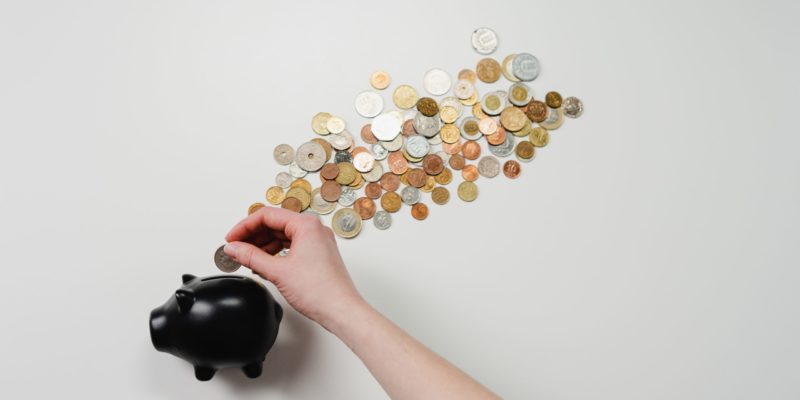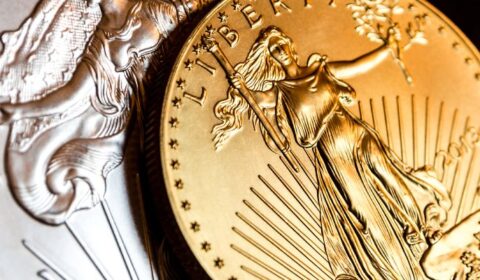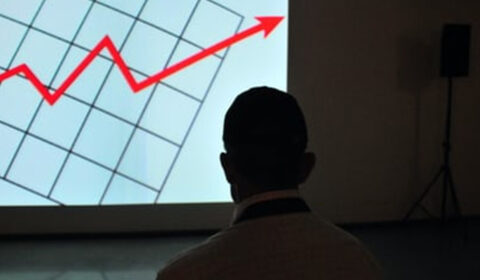When Is The World Likely To Run Out Of Gold

Even though gold is found in the earth’s crust, it wasn’t, in fact, created there. It’s extra-terrestrial.
It got there through cataclysmic stellar explosions called supernovae. This means that more reserves aren’t being created—at least not on our planet.
Gold is found mixed with other metals, or occasionally as a nugget. The biggest nugget ever found weighed 171 lbs.
All of this begs the question: how much more of these precious reserves are there?
Initial Discovery
Although it’s not entirely clear when gold was first discovered, according to a report by the National Mining Association, the earliest record of gold usage can be found in Eastern Europe, where it was used as a decorative object.
Not only did its beauty and shine naturally attract people, but it also remained precious because of its excellent properties. It conducts electricity well and doesn’t rust like iron.
Additionally,it’s extremely malleable, making it perfect for countless creations, including coins, jewelry, and more recently, for electrical product components.
The Reserves
We haven’t mined that much gold yet. In fact, all of the gold that has been mined on earth so far can be filled into 3 Olympic sized pools; this is about 190 tons or more.
And 90 percent of this was found after the Californian gold rush of 1849.
However, what is concerning is that we’re no longer discovering any new large deposits. So, most production is from old mines that were discovered decades ago.
Another thing to consider is the fact that some gold may not even be in our reach.
This means that it’s either too far below the earth’s crust to reach or in super challenging places like Antarctica, where it’s nearly impossible to mine it.
One thing to consider, though, is that gold is not non-renewable. We may end up mining all of the gold in the earth’s crust, but we can’t use it all up. It’ll still exist in one form or the other.
What’s Next?
Let’s suppose we mine all of the world’s gold, which, at the moment, seems unlikely, as we’re still discovering new veins. But let’s assume we do; even then, there are other places to look.
The ocean, for instance, holds an estimated 20 million tons of dissolved gold. The only downside is that it is at minuscule concentrations making recovery too costly at present.
But with advancing technology, it may even be possible to start creating it. In medieval times, alchemists tried to convert lead to gold, but they failed. At the time, they were considered too ambitious.
However, today it’s possible to manufacture gold using modern technology, particle accelerators in particular.
These can mimic complex nuclear reactions. But this process is so slow that it would take the entire universe’s age to produce one gram—which makes this a very non-viable option too at present.
Fortunately, we haven’t run out of gold yet, but since it is only present in a finite amount, this makes it rare, valuable, and therefore a perfect investment.
Get in touch with us at Orion Metal Exchange, and let us help you buy the best gold coins for investment.






